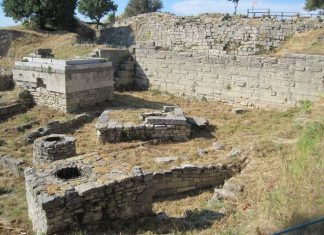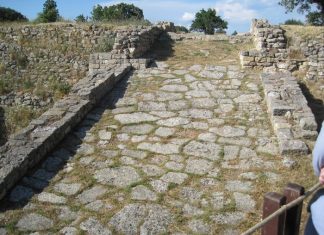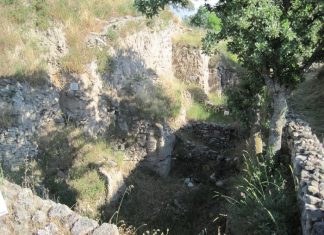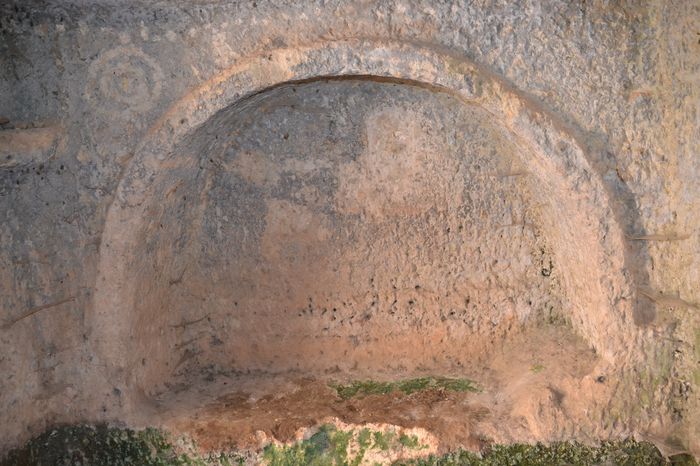The Jews Did Not Turn to the Messiah in 70 AD
According to the prophecy in Zechariah 12:10, the Jewish people were supposed to turn to the Messiah in 70 AD. But they did not...
Dr. Thomas Ice and the Radio Discussion
Dr. Thomas Ice and I will discuss these topics in our radio show this weekend, on January 29. All our programs are available on...
Types of Preterists Full and Partial
There are two main groups of Preterists: Full Preterists and Partial Preterists.
Full Preterists believe that Jesus returned in 70 AD, but not in a...
My Affection for the Serbs
A Unique People
I hold a special place in my heart for the Serbian people. De la Jonquières once described them as “a brave, poetic,...
The Democratic Spirit of Serbia
Equality and Education
Serbia is a democratic country where no one, except the King, holds a title. Property is divided equally among sons, ensuring fairness...
Serbia’s Economic Ties with Austria
The Influence of Austria on Serbian Trade
In Serbia, when the country finally gives in to Austria’s demands, Austria often decides that the swine fever...
Alexander’s Conquests From Diplomacy to Gaugamela
As Alexander confronted the resilient city of Tyre, Darius extended a remarkable peace offer through an envoy. Darius proposed peace, the safe return of...
Alexander’s Conquests From the Gordian Knot to Tyre’s Fall
Following his triumph in Ionia, Alexander embarked on a remarkable journey through Caria, where a local queen embraced him as an honorary son. The...
Alexander the Great Conquest and Challenges
Alexander the Great’s conquests were marked by strategic brilliance and audacity. After his father Philip of Macedon secured Greece, the stage was set for...
Balkan Tours 2023
Balkan Tours 2023, the fairy-tale called Balkan tours (this time Balkan tours 2023) continues. Very famous and still an enigma for many, Balkans never...














